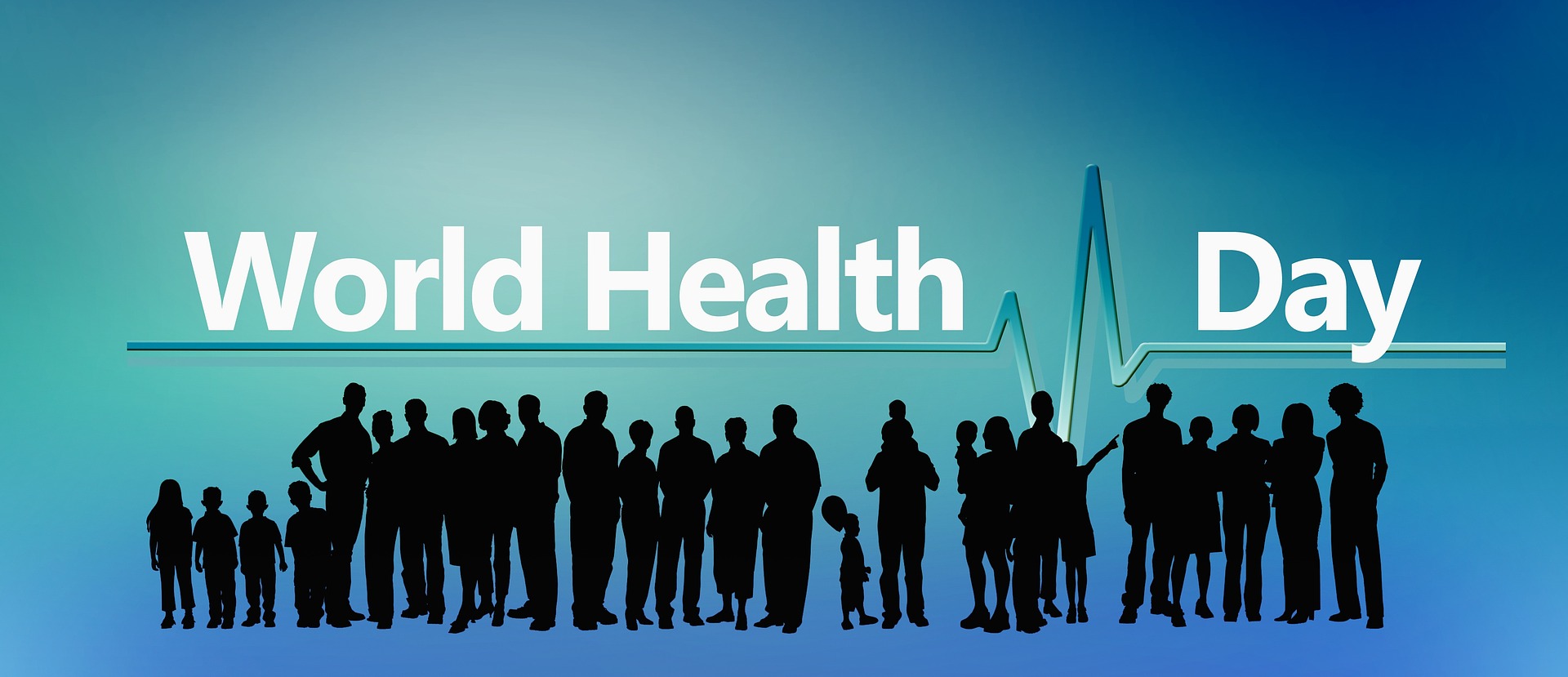
Tāmaki Makaurau – Friday next week, April 7, is world health day and the World Health Organisation (WHO) will observe its 75th anniversary.
In terms of health, life expectancy in New Zealand is around 82 years, one year higher than the OECD average of 81 years. Life expectancy for women is 84 years, compared with 80 for men.
According to StatsNZ, 81 percent of people in New Zealand, aged 15 years and over, rated their overall life satisfaction at seven or above on a 0 to 10 scale where 0 is low and 10 is high.
The major health problems facing New Zealanders now include obesity, cancer and heart disease in the older groups, and allergies among the young, with risk factors such as sugar- and salt-laden food manufacture and the big one, lack of exercise.
In 1948, countries of the world came together and founded WHO to promote health, keep the world safe and serve the vulnerable, so everyone, everywhere can attain the highest level of health and well-being.
The anniversary next week is an opportunity to motivate action to tackle the health challenges of today and tomorrow.
In the midst of a pandemic, a polluted planet, increasing diseases like cancer, asthma, heart disease, World Health Day last year had a lot on its shoulders , trying to keep the planet healthy and foster a movement to create societies focused on well-being.
WHO estimates more than 13 million deaths around the world each year are due to avoidable environmental causes.
This includes what they call a climate crisis which is the single biggest health threat facing humanity. The climate crisis is also a health crisis, WHO says.
“Our political, social and commercial decisions are driving the climate and health crisis. Over 90 percent of people breathe unhealthy air resulting from burning of fossil fuels.
“A heating world is seeing mosquitos spread diseases farther and faster than ever before. Extreme weather events, land degradation and water scarcity are displacing people and affecting their health.
“Pollution and plastics are found at the bottom of our deepest oceans, the highest mountains, and have made their way into our food chain. Systems that produce highly processed, unhealthy foods and beverages are driving a wave of obesity, increasing cancer and heart disease while generating a third of global greenhouse gas emissions.”
“The covid pandemic has revealed weaknesses in all areas of society and underlined the urgency of creating sustainable well-being societies committed to achieving equitable health now and for future generations without breaching ecological limits.
“The present design of the economy leads to inequitable distribution of income, wealth and power, with too many people still living in poverty and instability. A well-being economy has human well-being, equity and ecological sustainability as its goals,” WHO says.

